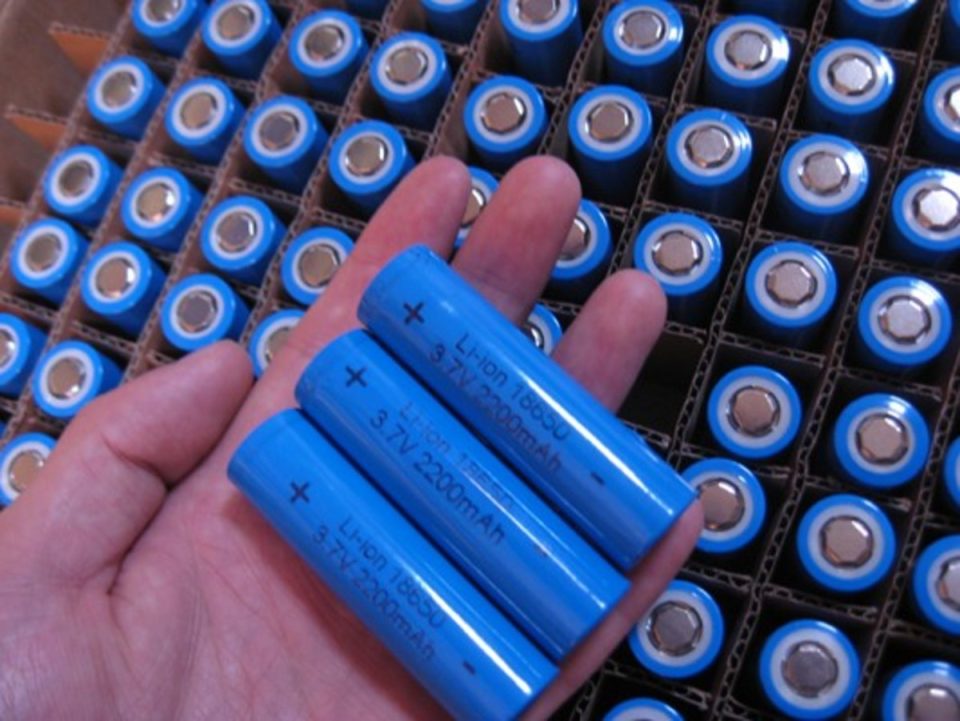According to a Mint report, the government may lower the goods and services tax (GST) on lithium-ion batteries and bring it down to the same level as the 5% minimum tax rate for electric vehicles.
Lithium-ion batteries are taxed at 18%. Discussions on tax rationalisation are gaining momentum as battery replacement policies move forward. EV sales were 72,519 in April, up sharply from 14,179 a year earlier but down from 77,243 in March.
Government think tank NITI Aayog, Ministry of New and Renewable Energy, Ministry of Heavy Industry and other government departments held the first battery replacement policy meeting on June 7.
In addition to tax rationalisation, battery standardisation to ensure interoperability is also on the agenda, the report said.
The government is looking for ways to speed up its green mobility plans. Any changes to the tax would have to be done by the GST committee, but Niti Aayog is expected to make recommendations.
The commission last cut the GST rate for lithium-ion batteries from 28% to 18% in 2018. With the emphasis on the EV ecosystem and more automakers entering the space, the need for price parity between batteries and EVs has resurfaced, as the latter is taxed at a much lower 5%.
In December last year, Amitabh Kant, chief executive of NITI Aayog, said the government was working to lower the GST on electric vehicle batteries. In addition, a draft policy released by the think tank suggested rationalising the taxation of batteries.







